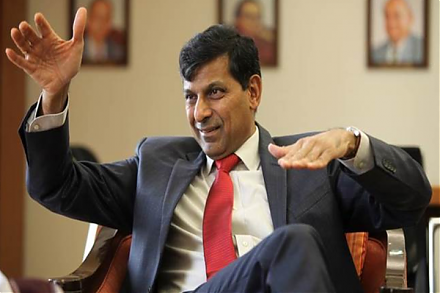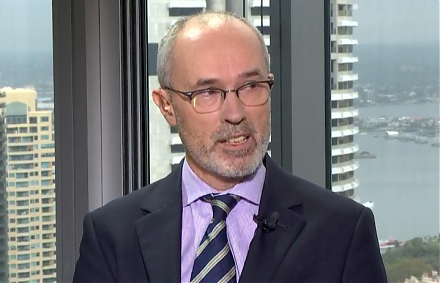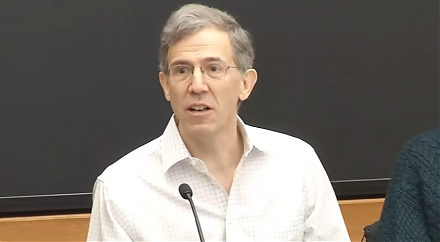

2017-02-19 07:41:00 Sun ET
trust perseverance resilience empathy compassion passion purpose vision mission life metaphors seamless integration critical success factors personal finance entrepreneur inspiration grit


In his recent book on personal finance, Tony Robbins recommends that each investor should rebalance his or her investment portfolio *only once a year* to invest for the long-term.
Robbins defies the conventional wisdom and so suggests that a smart investor should admit that he or she lacks any special advantage in a myopic attempt to beat the market.
A multi-year investment period extends the time horizon for the typical investor to earn both dividend yields and capital gains with much more probable success.
Robbins also points out that it is pivotal for the typical investor to start investing in stocks for their higher long-run average returns during his or her professional career.
Given the power of exponential compound interest growth, dividend yields and capital gains help accumulate capital wealth much faster.
The typical investor's ability to accumulate passive income determines a larger fraction of his or her wealth at retirement age because this income accumulation follows the law of exponential compound interest growth.
In contrast, the typical investor's salaries and bonuses only represent a smaller fraction of his or her wealth at retirement age because this income accumulates over time with no compound interest.
If any of our AYA Analytica financial health memos (FHM), blog posts, ebooks, newsletters, and notifications etc, or any other form of online content curation, involves potential copyright concerns, please feel free to contact us at service@ayafintech.network so that we can remove relevant content in response to any such request within a reasonable time frame.
2017-05-01 09:45:00 Monday ET

Apple now pursues an early harvest strategy that focuses on extracting healthy profits from a relatively static market for the Mac, iPhone, and iPad, all of
2018-08-15 14:40:00 Wednesday ET

Senator Elizabeth Warren advocates the alternative view that most U.S. trade deals serve corporate interests over workers, customers, and suppliers etc. She
2019-08-01 11:33:00 Thursday ET

Many young and mid-career Americans fall into the financial distress trap in rural communities. A recent analysis of 25,800 zip codes for 99% of the U.S. po
2019-08-05 13:30:00 Monday ET

China continues to sell U.S. Treasury bonds amid Sino-U.S. trade truce uncertainty. In mid-2019, China reduces its U.S. Treasury bond positions by $20.5 bil
2018-05-04 06:29:00 Friday ET

Commerce Secretary Wilbur Ross suggests that 5G remains a U.S. top technology priority in light of the telecom merger proposal between Sprint and T-Mobile a
2023-07-07 10:29:00 Friday ET

Louis Kaplow strives to find a delicate balance between efficiency gains and redistributive taxes in the social welfare function. Louis Kaplow (2010)